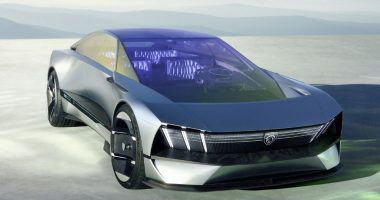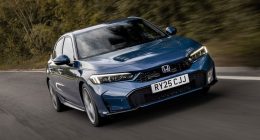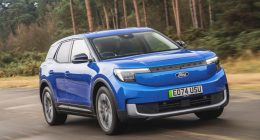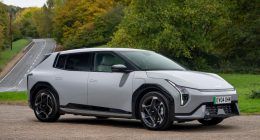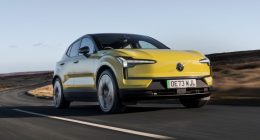Car retailers in Northern Ireland experienced a “desperately disappointing September”, with sales of new cars well down on the previous month.
Despite competitive PCP deals designed to entice people through their doors, dealers only managed to shift 3,449 new cars last month compared to 5,010 in the same period last year – a 31.16% fall.
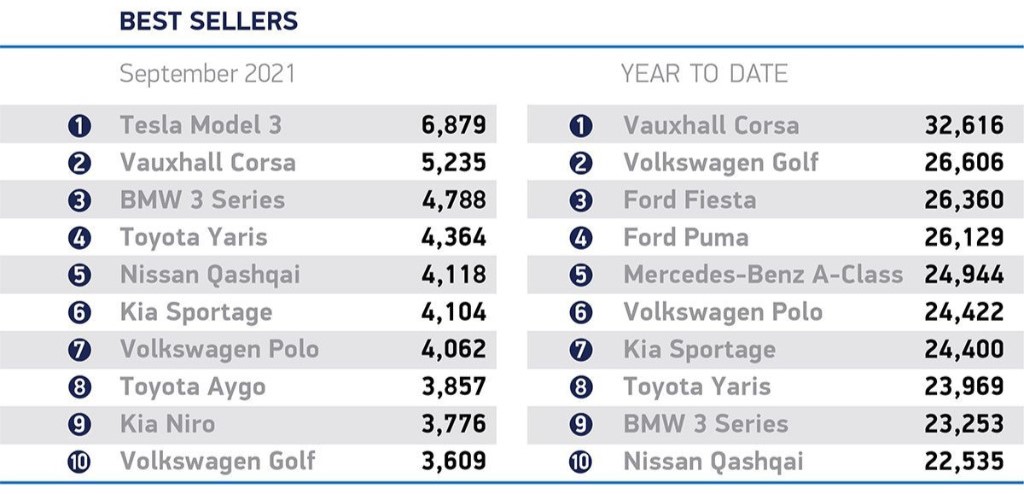
Nissan’s new Qashqai proved most popular as 109 examples of the Japanese SUV were sold, pipping the Volkswagen Golf (106) and Hyundai Tucson (103) to the top spot.
Over the past nine months, the Tucson has remained the province’s biggest-selling car with 714 examples hitting our roads followed by the Volkswagen Golf (711) and Ford Puma (670).
The fall in sales here mirrored the UK-wide picture, with the body that represents the automotive industry at home and abroad revealing private registrations for September plummeted 25.3% on the previous month.
Car dealers have struggled in recent times to replenish new stock levels due to on-going issues with the supply of semi-conductors chips that are required to operate car’s many electrical functions, such as the infotainment, digital displays and reversing cameras.
During the peak of the pandemic, car manufacturers placed fewer orders for semiconductors, with this surplus being snapped up by the makers of smart phones, tablet devices and game consoles.
When car production lines were started up again, car companies found themselves scrambling to secure semi-conductors because it can take anywhere up to six months to recommence production of specific chip typess.
Commenting on the latest set of figures, Mike Hawes, SMMT Chief Executive, said: “This is a desperately disappointing September and further evidence of the ongoing impact of the COVID pandemic on the sector.
“Despite strong demand for new vehicles over the summer, three successive months have been hit by stalled supply due to reduced semiconductor availability, especially from Asia.
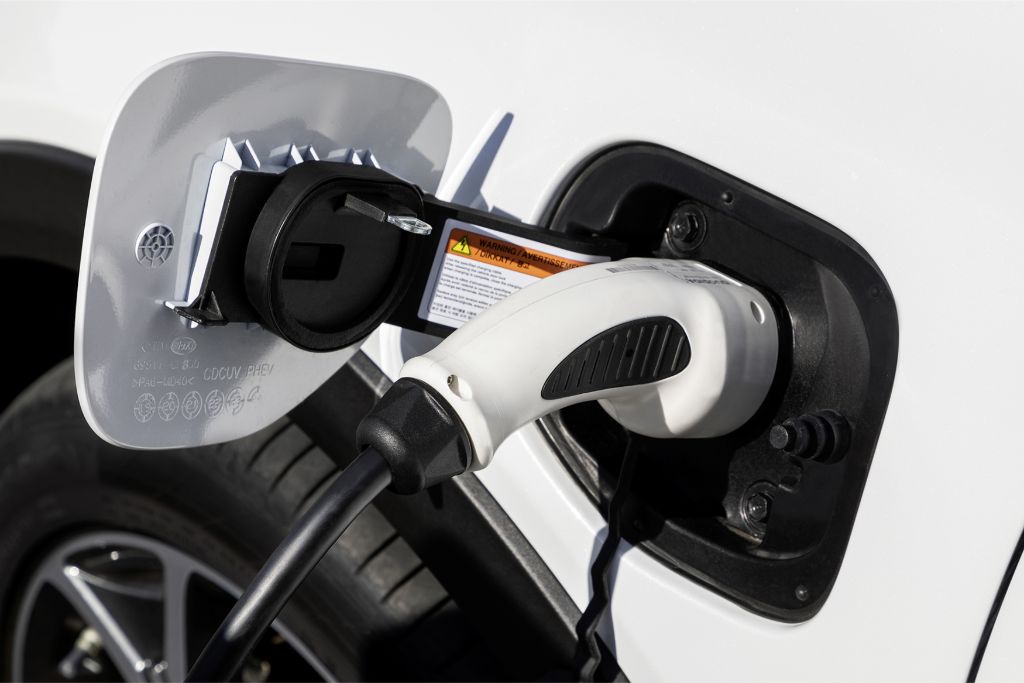
“Nevertheless, manufacturers are taking every measure possible to maintain deliveries and customers can expect attractive offers on a range of new vehicles.”
It isn’t all bad news, however, as Plug-in Hybrid Vehicles (PHEVs) grew their year-on-year market share from 3.86% to 6.4% meaning one in every five new cars sold is currently zero-emission capable, according to the SMMT.
Hybrid Electric Vehicles (HEVs) also enjoyed a spike in sales in September (24,961) to push its share up from 8% in 2020 to 11.6%.
“Despite these challenges, the rocketing uptake of plug-in vehicles, especially battery electric cars, demonstrates the increasing demand for these new technologies,” said Hawes
“However, to meet our collective decarbonisation ambitions, we need to ensure all drivers can make the switch – not just those with private driveways – requiring a massive investment in public recharging infrastructure.
“Chargepoint roll-out must keep pace with the acceleration in plug-in vehicle registrations,” he added.



